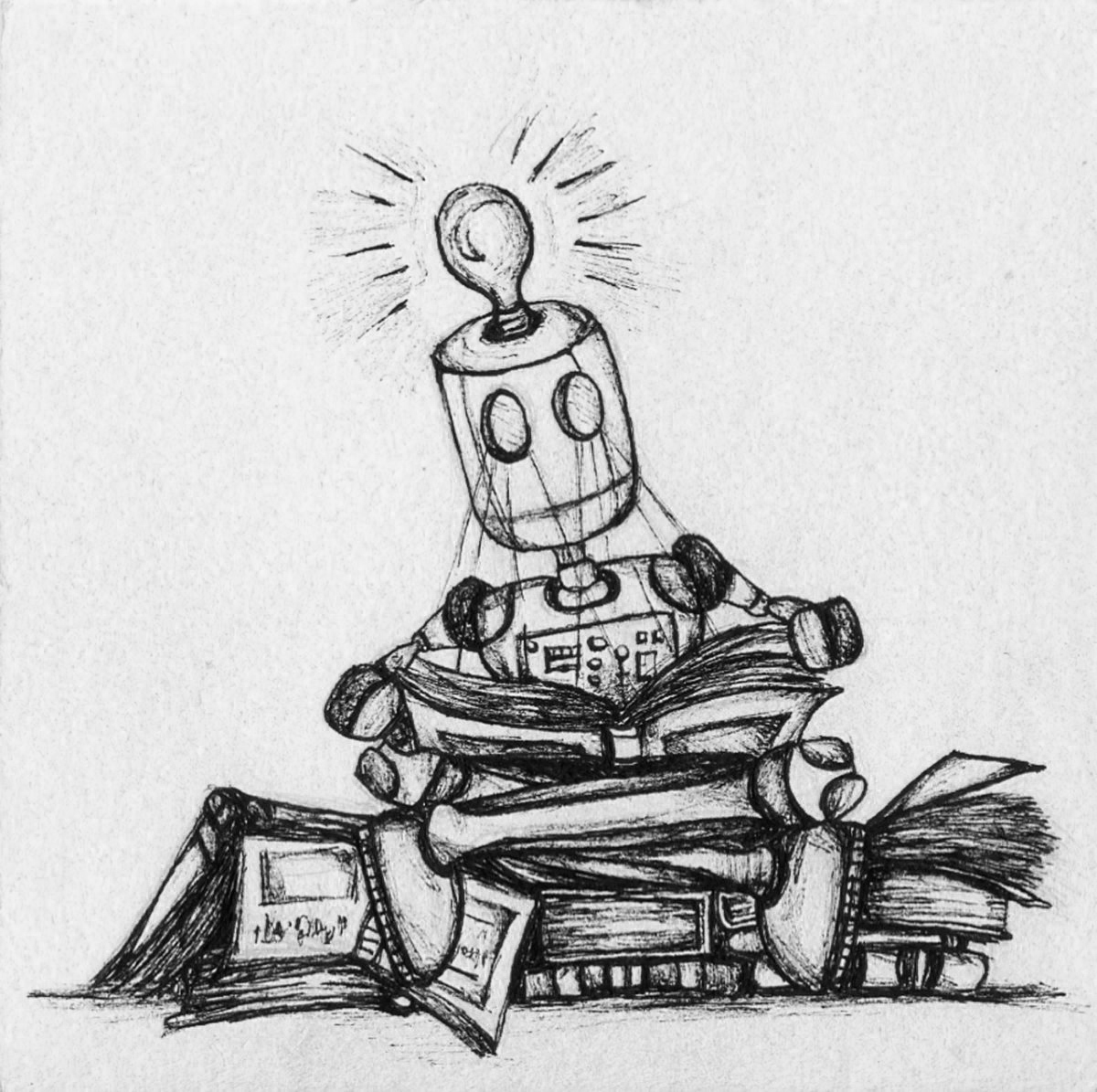Why Diets Fail You.
by
Rob. Jager
This year millions of people will embark upon a diet and fail to lose weight.
The usual response to this failure by the people marketing the diet is to
blame the individual for the failure. This leaves the person feeling
defeated and guilty because of their lack of “will-power”
Blaming the individual also preserves the illusion that diets are an effective
way to lose weight.I think it is time to move the discussion beyond
this “blaming” level and explore the real reasons diets fail.
I will use an example to explain my position.
When most people are presented with something like a chocolate (candy) bar it
is not long before they feel a desire to eat the thing. Most will simply blame
the chocolate for causing the desire. They will then try to battle the craving
with “will-power”. Usually they lose this battle and sooner or later give in
and eat the chocolate bar. This “giving-in” often marks the end of the diet.
Now lets look at why this “giving-in” occurred. We know that the cognitive
process that caused the craving to eat the chocolate bar went something like
this; sensory input was received through the appropriate receptors [mainly
eyes in this case] and the mind formed some type of neural or sensory
representation of the object that will be defined as a chocolate bar. We can
regard this process as inescapable. If the sensory receptors are in working
order, the mind must form a representation or neural image of the object.
When a neural image has been formed we have been taught to assign meanings,
from memory, to these images as they occur in the mind. The assignment
of meaning is followed by an emotional response appropriate to the meaning
assigned. In the case of the chocolate bar the meaning assigned included past
memories of pleasant experiences assosciated with eating chocolate bars, hence
the craving to eat this chocolate bar. So really it was not the presence of
the object that will be defined as a chocolate bar that caused the craving,
but the cognitive process outlined.
Specifically it was the assignment of meaning that caused the craving. And
because this assignment of meaning has become totally automatic in most
people, the chocolate bar gets the blame for the craving when in fact it only
had the power to cause the mind to form a meaningless image. For most, the
meaning and image have become “fused”, with the meaning now seen as an
inherent part of the neural image itself rather than something assigned from
within the mind. This of course gives the stimulus the power to be the cause
of the response.
Just thinking about or reflecting upon a chocolate bar has the same
effect. A neural image is formed from that reflection and when it has
been formed the cognitive process of automatically assigning meaning to it is
exactly the same as with images caused by the external stimulii. We feel
like a eating the chocolate bar.
This all means of course that every time we are presented with a chocolate bar
or some other desirable food, the mind automatically performs the cognitive
process outlined and creates a desire to eat the delicacy. The continual
emotional responses build up and eventually wear us down. This is the reason
we “give-in” and the diet goes out the window.
My point is then, the only way to reduce our food intake and still feel
comfortable is to modify this process of automatically assigning meaning to
the images that come into our heads. This way we can reduce the desire to eat
unnecessarily and thereby modify our eating behaviour so that we lose weight
and keep it off.
Diets do not supply these techniques and in actual fact they fail the
individual not the other way round as their providers would have you
believe. If changing our behaviour was easy as making a decision to go on a
diet, most of us would have changed many things about ourselves long ago. The
truth is we need techniques that will help us to bring that change about or we
are doomed to failure.




